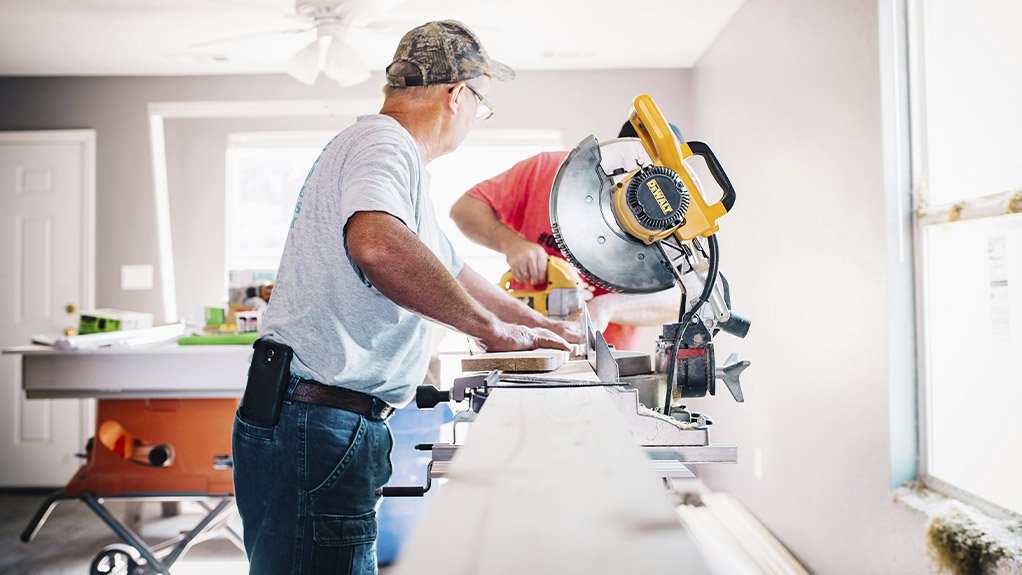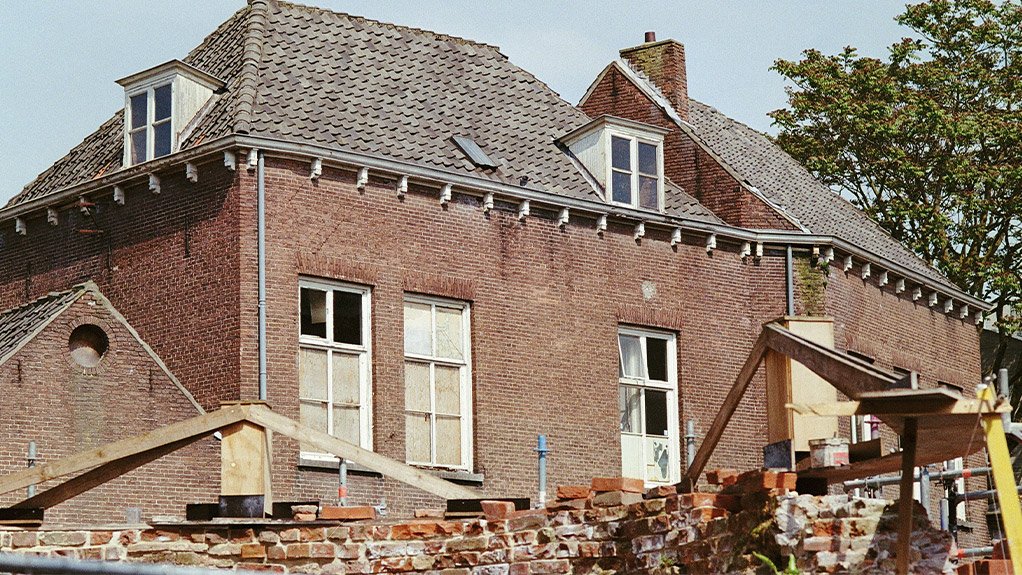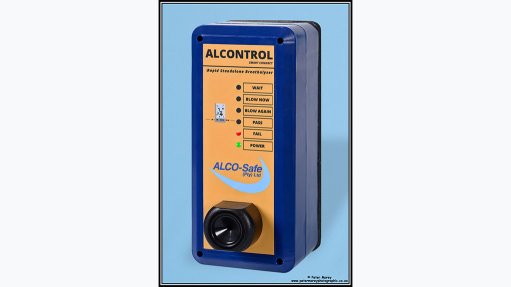Avoid the Pitfalls: What to Ask Before You Sign with a Builder
This article has been supplied and will be available for a limited time only on this website.
Renovating or building a home comes with high stakes – and choosing the right contractor can make or break the project. Drawing on decades of operating in the building sector, the Building Industry Bargaining Council (BIBC) offers practical guidance to help homeowners avoid common pitfalls and ensure responsible, compliant work on their properties.
“Even if a builder is available and eager to start, it’s worth pressing pause to check their qualifications, compliance, and insurance,” says Danie Hattingh, spokesperson for business at the BIBC. Rushing into an agreement without proper vetting can expose homeowners to unnecessary legal and financial risks. “A giver of work often doesn’t realise they play a role in upholding industry standards,” says Hattingh. “By asking the right questions and checking credentials, you’re not just protecting yourself — you’re supporting ethical work practices across the sector.”
1. Check Their Credentials
Always ask for documentation proving that the contractor is:
- Registered with relevant bodies like the BIBC, the National Home Builders Registration Council (NHBRC), and any other relevant trade associations
- Compliant with labour, tax, and occupational safety regulations
Builders who are not compliant may also be failing to treat workers fairly, use proper materials, or follow safety protocols – all of which can impact the outcome of your project.
2. Ask About Experience and Past Work
Make sure the builder has experience with the type of work you are commissioning. Ask to see photos of past projects or speak directly to previous clients to gauge the quality of their workmanship and professionalism.
3. Request a Written Contract
Avoid handshake deals. A clear, written agreement should outline:
- The project scope
- Milestones and timelines
- Payment schedules
- Dispute resolution procedures
- Any warranties or guarantees offered
This helps ensure expectations are aligned and provides a point of reference if issues arise.
4. Verify Insurance Coverage
Insurance is critical. Ask for certificates showing the contractor is covered for:
Public liability (in case of property damage or injury)
Employer’s liability for workers’ compensation, COIDA or FEM (to protect workers on-site)
Professional indemnity (covers financial consequences of third-party claims)
Without proper coverage, you could end up bearing the cost of accidents or delays.
5. Clarify Work Hours and Site Conduct
The BIBC Collective Agreement regulates working hours, overtime, and year-end shutdowns. Builders must apply for exemptions if they intend to work outside these guidelines. Ensure the builder adheres to local bylaws around noise, traffic, and safety and ask how they plan to keep the site secure and safe, especially if you will remain in the home during the project.
6. Know Who is on the Job
If subcontractors will be used, find out who they are and whether they are properly registered, qualified and insured. It is also worth asking whether they have worked with the main contractor before and how that relationship is managed.
7. Be Cautious of Unusually Low Quotes
An extremely low price may seem tempting, but it often signals that something has been left out – whether it is quality materials, fair wages, or proper insurance. As Hattingh notes, “If someone is competing on price alone, it is a good idea to dig deeper. Low quotes can hide shortcuts that cost more in the long run.”
8. Ask the Right Questions
In addition to checking credentials, consider asking:
- Do you provide itemised cost breakdowns?
- Are there warranties on materials and workmanship?
- What are your health and safety protocols?
- Does the scope of this project require us to comply with Construction Regulations, 2014 of the OHS Act?
- When can the work start and finish?
- Will you do the registration of this project with NHBRC?
A contractor’s willingness to answer these questions clearly and confidently is often a sign of professionalism.
Hiring a builder does not have to be risky, but it does require due diligence. By asking the right questions, checking documentation, and trusting your instincts, you can protect your home, your budget, and the people working on your property. Being an informed client and giver of work is not just good for your build – it helps contribute to a more ethical and sustainable construction industry overall.
While not tasked with monitoring individual building projects, the BIBC’s experience in the industry has provided insight into the common risks and pitfalls that can arise and how to avoid them. We are not here to police your project,” says Hattingh. “Our goal is to share insights that help everyone – from homeowners to contractors – to build responsibly and protect what matters most.”
Comments
Press Office
Announcements
What's On
Subscribe to improve your user experience...
Option 1 (equivalent of R125 a month):
Receive a weekly copy of Creamer Media's Engineering News & Mining Weekly magazine
(print copy for those in South Africa and e-magazine for those outside of South Africa)
Receive daily email newsletters
Access to full search results
Access archive of magazine back copies
Access to Projects in Progress
Access to ONE Research Report of your choice in PDF format
Option 2 (equivalent of R375 a month):
All benefits from Option 1
PLUS
Access to Creamer Media's Research Channel Africa for ALL Research Reports, in PDF format, on various industrial and mining sectors
including Electricity; Water; Energy Transition; Hydrogen; Roads, Rail and Ports; Coal; Gold; Platinum; Battery Metals; etc.
Already a subscriber?
Forgotten your password?
Receive weekly copy of Creamer Media's Engineering News & Mining Weekly magazine (print copy for those in South Africa and e-magazine for those outside of South Africa)
➕
Recieve daily email newsletters
➕
Access to full search results
➕
Access archive of magazine back copies
➕
Access to Projects in Progress
➕
Access to ONE Research Report of your choice in PDF format
RESEARCH CHANNEL AFRICA
R4500 (equivalent of R375 a month)
SUBSCRIBEAll benefits from Option 1
➕
Access to Creamer Media's Research Channel Africa for ALL Research Reports on various industrial and mining sectors, in PDF format, including on:
Electricity
➕
Water
➕
Energy Transition
➕
Hydrogen
➕
Roads, Rail and Ports
➕
Coal
➕
Gold
➕
Platinum
➕
Battery Metals
➕
etc.
Receive all benefits from Option 1 or Option 2 delivered to numerous people at your company
➕
Multiple User names and Passwords for simultaneous log-ins
➕
Intranet integration access to all in your organisation



























